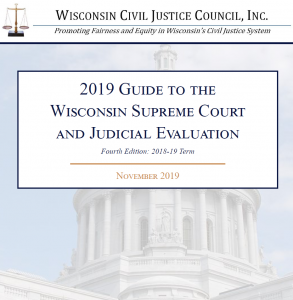Wisconsin Attorney General Josh Kaul has joined a coalition of states and cities seeking judicial review of the federal Environmental Protection Agency (EPA) and National Highway Traffic Safety Administration (NHTSA) rules related to vehicle emissions standards.
The rules amend greenhouse gas and corporate average fuel economy standards and repeal California’s waiver for its state greenhouse gas and zero emission vehicle programs. Currently, some other states also have the option to follow California’s standards. The NHTSA rules would specifically implement the agency’s statutory authority to set national fuel economy standards that preempt state programs.
The attorneys general filed a petition for review of the agency actions in federal court on Nov. 15. Read the filing.
Other recent multistate actions from Kaul include:
- Joining a bipartisan coalition of states urging Congress to pass legislation establishing a veteran treatment court program in the federal Department of Justice.
- Joining an amicus brief supporting Public Service Loan Forgiveness program borrowers seeking eligibility for loan forgiveness.

